Donald Trump’s economic agenda would hurt Australia, experts say
Australia would be one of the biggest losers if a Donald Trump presidency restarts a trade war with China and further fractures the global trading system, economists say.
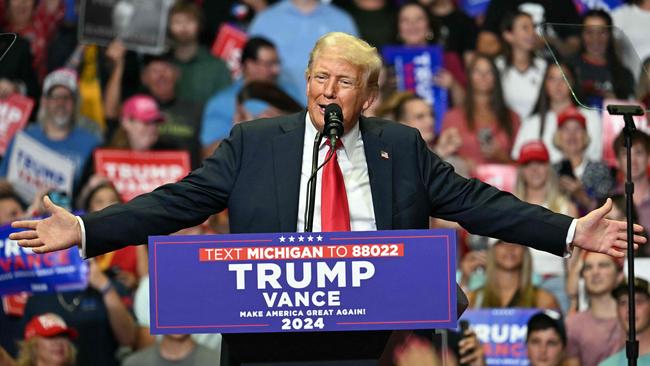
Australia would be one of the biggest losers if a Donald Trump presidency restarts a trade war with China and further fractures the global trading system, experts warn.
The Republican platform included the commitment to “protect American workers and farmers from unfair trade”, which included “supporting baseline tariffs” of at least 10 per cent “on foreign-made goods”, alongside a vow to “secure strategic independence from China”.
If elected, Mr Trump will “prevent the importation of Chinese vehicles”, the platform says. The Biden administration has already quadrupled the tariff rate on Chinese-made EVs to 100 per cent, doubled the rate on solar panels imported from China to 50 per cent, and announced plans to double the rate on semiconductors to 50 per cent in 2025.
ANU economics professor Warwick McKibbin, who leads the university’s Centre for Applied Macroeconomic Analysis, said the further erosion of free trade under a Trump presidency would be “unambiguously bad” for Australia.
In particular, Republican plans to slap tariffs of at least 60 per cent tariffs on all Chinese imports would reduce economic growth in our most important trading partner by 1-3 per cent.
With commodity export earnings a key factor underpinning Australia’s budget surplus, a weaker China would deliver a hit to the demand Australian goods, Professor McKibbin said.
Iron ore sales to China generated $116bn in export earnings in 2023, natural gas $20bn, and coal and other minerals approaching $40bn. Educating Chinese students was worth $11.4bn in 2023, according to the Department of Foreign Affairs and Trade.
Professor McKibbin said a weaker Aussie dollar would offset some of this impact, but still leave exporters worse off. There would be some redirection of goods at more competitive prices to Australia as countries seek less protected markets, but, again, that had to be set against the threat that a more fractured global system crimps supply chains and drives up costs.
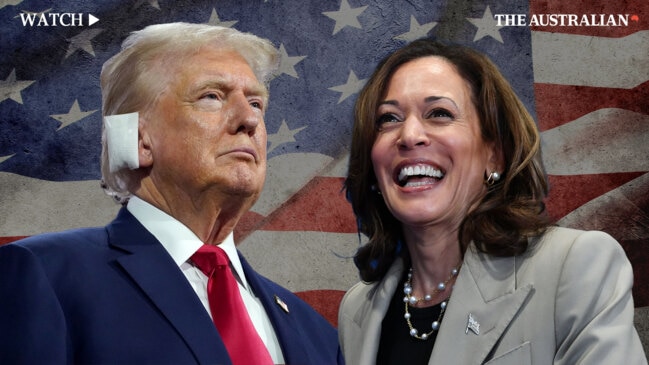
Beyond trade, Mr Trump’s threat to undermine the independence of the US Federal Reserve would lead to high global inflation as the central bank’s capacity to achieve low and stable price growth was compromised, Professor McKibbin said.
A more isolationist US that spurns its allies would mean “any long term investments would become a lot more risky”.
“The cost of capital goes up, and equity markets will drop substantially. You could quite easily have another global financial crisis.”
Senator Simon Birmingham, who served as trade minister in the Morrison government between 2018 and 2020, pointed to the success of then US ambassador Joe Hockey on protecting Australian exporters from Mr Trump’s hikes to steel and aluminium tariffs.
“We should be making sure that consistent with our free trade agreement, consistent with the alliance, Australia’s interests are put carefully, thoughtfully, to any US administration so that our industries continue to engage in the same free market competition with the US that currently exists,” Senator Birmingham said.
Senator Birmingham pointed to the record of free trade in delivering to “consumers lowest prices to strengthen our economies”.
Nonetheless, “we have to face up to the challenges that come from non-market economies and the way they might subvert the way trade operates,” he said.
“And it’s understandable there that there have been reactions under both the previous Trump administration and the current Biden administration to respond and to try to lessen the impacts of those market distorting practices by some countries.”
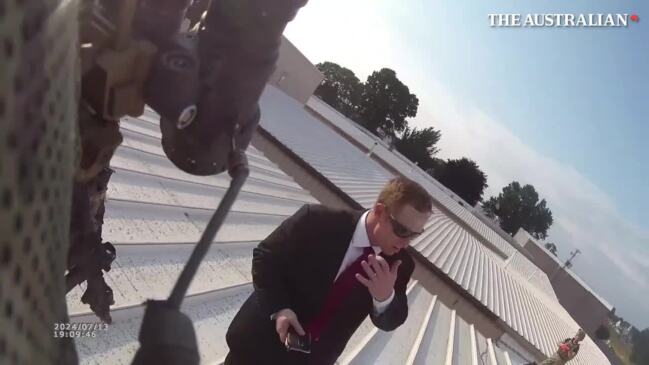
Productivity Commission deputy chairman Alex Robson said while it was too early to declare the end of globalisation – trade volumes have increased since Covid – the movement towards protectionism among major economies would weigh on Australia’s future prosperity.
“It wouldn’t be good. Our income and jobs depend on access to export markets, and lower consumer prices and higher wages all depend on free trade,” Dr Robson said.
US Studies Centre senior economics adviser John Kunkel agreed that America would likely move further away from free trade under a Trump presidency, which would be to the detriment of a country like Australia that prospers from globalisation.
But Dr Kunkel said it was too early to say whether the campaign rhetoric would be matched with action should the Republicans regain the White House in 2025 following November’s election.
“The tariffs do loom large. But there are also potential restraining forces in a Trump administration which may temper it. The honest answer is, nobody knows,” he said.
“Everybody is interested in JD Vance. But Trump has always talked about getting a Wall Street type like (JP Morgan Chase CEO) Jamie Dimon in as treasury secretary.
“The paradigm shift on trade has well and truly happened. Whether it’s JD Vance or (Mr Trump’s former trade representative and China hawk) Robert Lighthizer, the language is almost identical to the Democrats. They use the same phrase: worker-centred trade policy.”
Dr Kunkel said Australia was among the “top tier of countries” who should be able to negotiate exemptions from future tariffs, should they be implemented.
“But the second round effect of a general erosion of the global trading system and the knock-on effects, perhaps immediately, in financial markets mean those silver lining could be snuffed out very quickly by the bigger tit-for-tat trade retaliations,” he said.
“I can completely see in a world of strategic competition that you would be taking steps to preserve your industrial base, maintain technology leadership, re-shore in certain areas of manufacturing, and diversify your supply chain. All of that is intellectually coherent. It comes down to what instruments you use to do that.
“And if you think tariffs are some sort of magic bullet to achieving those objectives, you’ll be disappointed.”



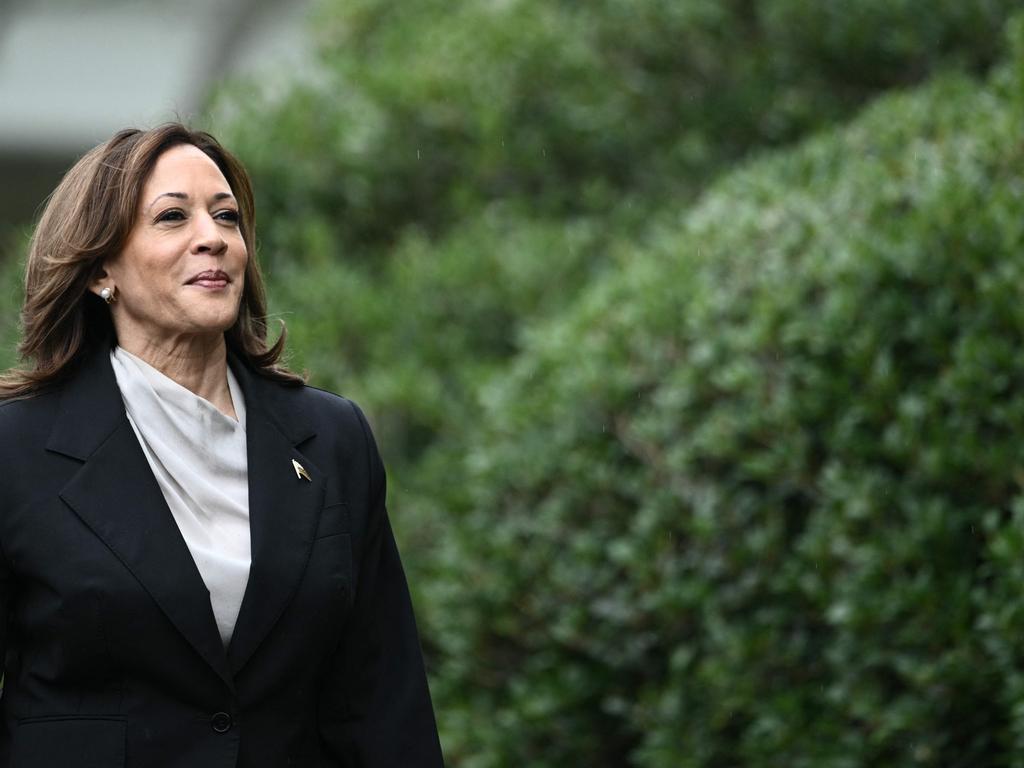

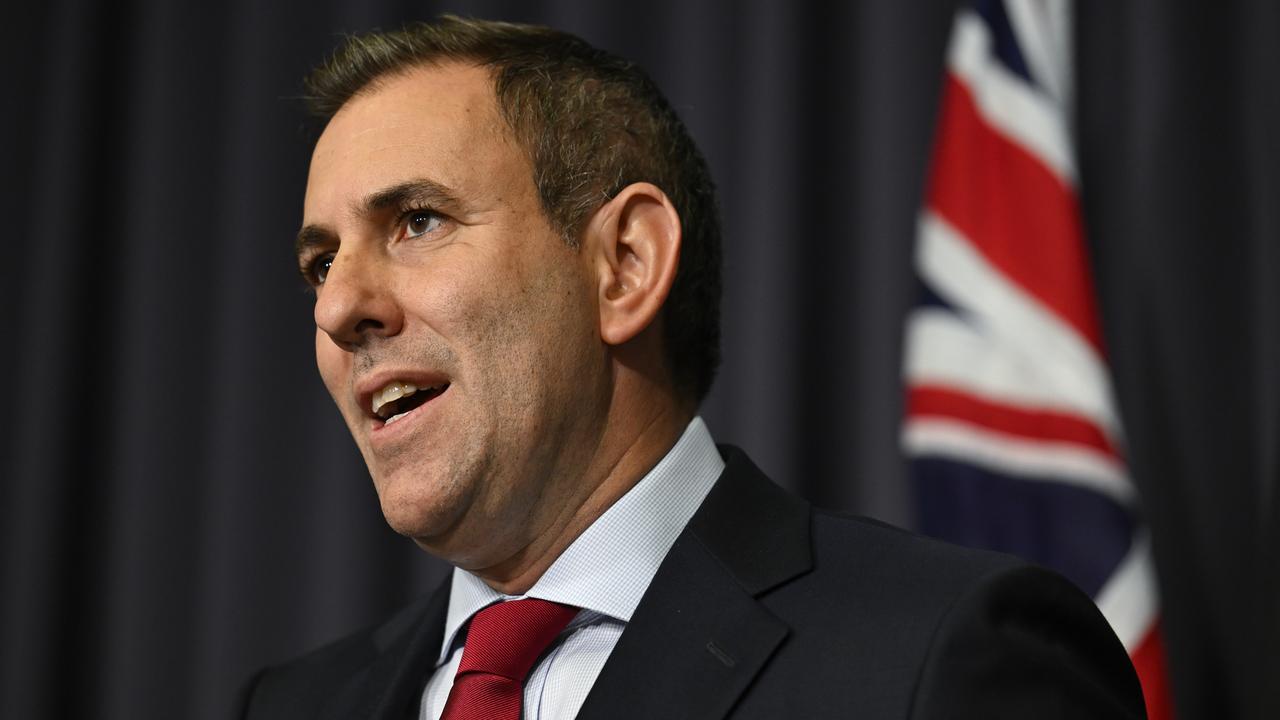
To join the conversation, please log in. Don't have an account? Register
Join the conversation, you are commenting as Logout